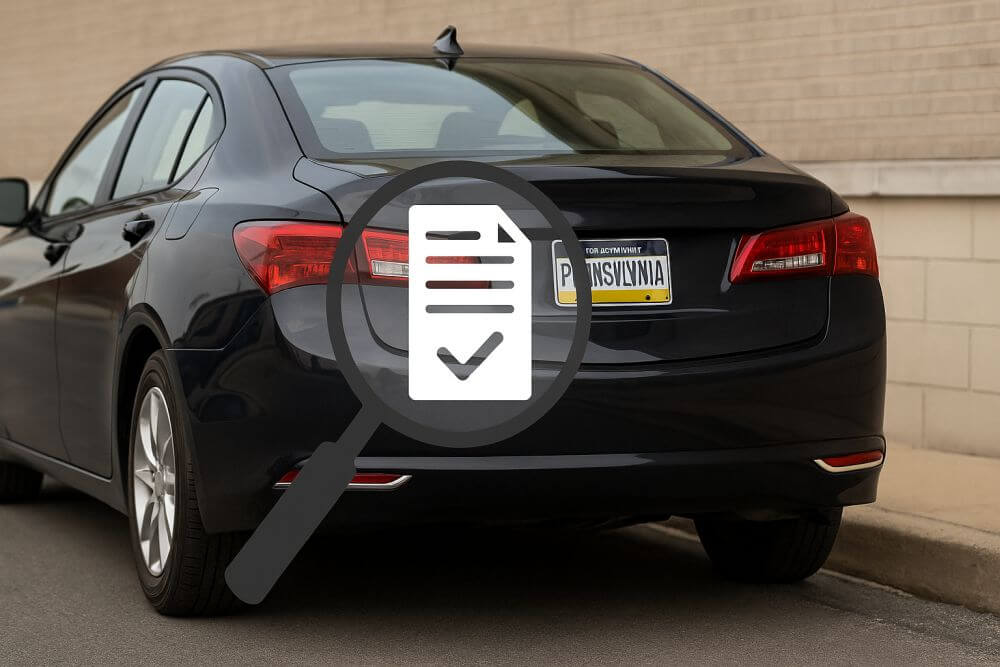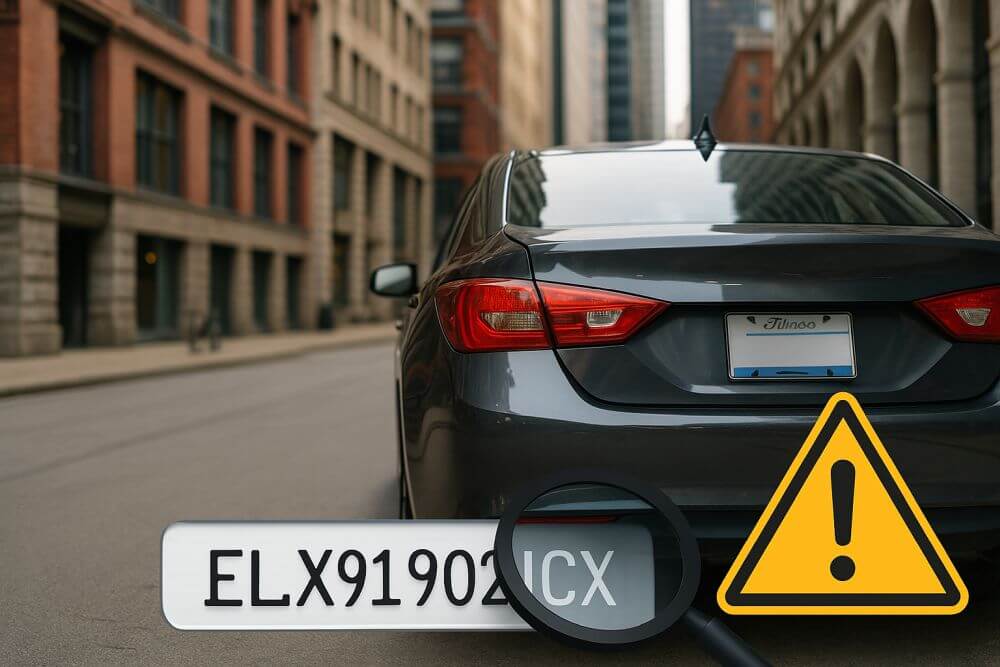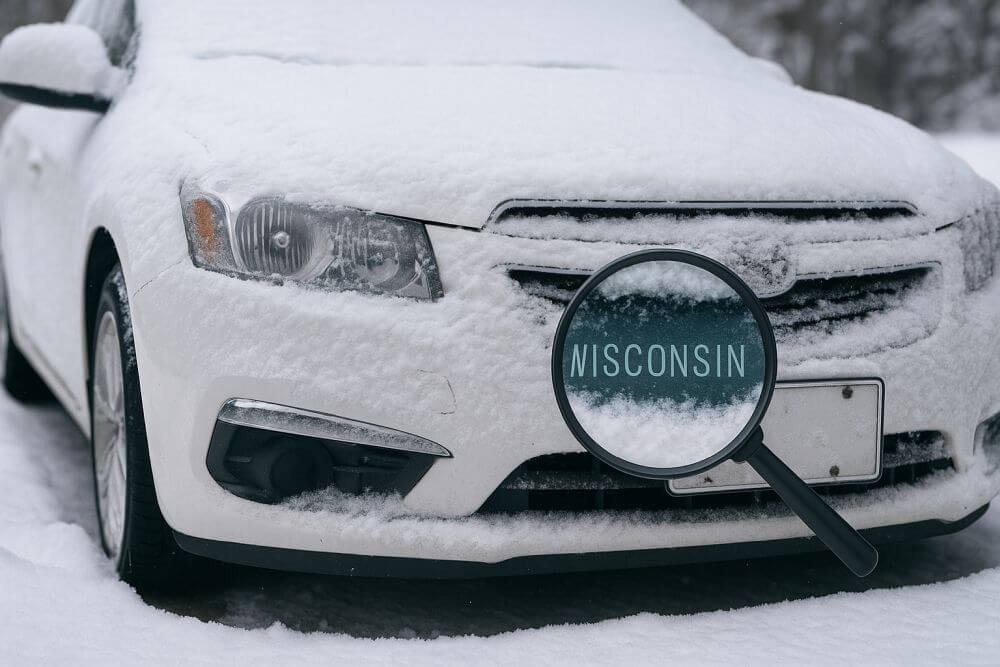When it comes to buying a used car or managing vehicle ownership, understanding the history and specifications of a vehicle is crucial. One method some people consider is a reverse license plate search, which can help them gather information about a car’s history. However, the legality of reverse plate lookup law is a topic of concern for many. It’s essential to understand how these searches work, the legal parameters surrounding them, and how they tie into decoding or checking a Vehicle Identification Number (VIN). For those interested in ensuring they are making informed decisions, this topic is of paramount importance. By understanding the laws and using resources like a free VIN check service, vehicle buyers and owners can confidently navigate the used car market.

Understanding Reverse License Plate Searches
A reverse license plate search involves using a vehicle’s license plate number to obtain information about the vehicle and, potentially, its owner. This kind of search can reveal details such as the vehicle’s make, model, year, and sometimes its registration status. However, accessing personal information about the owner is typically restricted due to privacy laws.
The Legal Framework: DPPA Compliance
The Driver’s Privacy Protection Act (DPPA) is a federal law that governs the disclosure of personal information collected by state Departments of Motor Vehicles (DMVs). This law is designed to protect the privacy of individuals by restricting who can access personal information linked to a license plate. Under the DPPA, reverse license plate searches that reveal an owner’s personal details without their consent are generally prohibited, with certain exceptions for legal and law enforcement purposes.
Myths About Reverse Plate Lookup Law
There are several myths surrounding reverse plate lookup law. One common misconception is that anyone can easily obtain personal information about a vehicle owner through their license plate. In reality, the DPPA imposes strict limitations on this. Another myth is that all reverse plate searches are illegal. While unauthorized searches are prohibited, there are legitimate reasons and methods for conducting these searches within legal boundaries.
How Reverse License Plate Searches Relate to VIN Decoding
While reverse license plate searches focus on the license plate, VIN decoding involves using the vehicle’s unique identification number to uncover detailed information about the car. Both methods aim to provide insights into the vehicle’s history, but VIN decoding is often more comprehensive and legally straightforward.
When you decode a VIN, you can access a wealth of information including the vehicle’s specifications, accident history, and previous ownership records. This is where services like VinCheckPro’s free VIN decoder can be invaluable. By inputting the VIN, users can obtain a detailed report that helps them make informed decisions about purchasing or owning a vehicle.
Steps to Conduct a Legal Reverse License Plate Search
- Identify the purpose of your search and ensure it complies with DPPA regulations.
- Use authorized services or channels that adhere to privacy laws.
- Consider alternative methods such as VIN decoding for comprehensive vehicle information.
Conclusion
Understanding the legality of reverse license plate searches is crucial for anyone in the market for a used car or managing vehicle ownership. By adhering to the DPPA and utilizing resources like VIN decoding, individuals can access valuable vehicle information legally and ethically. For more information on the legal aspects of reverse lookups, visit our reverse lookup legal page.
Frequently Asked Questions (FAQ)
Is it legal to perform a reverse license plate search?
It depends on the purpose of the search and adherence to DPPA regulations. Unauthorized searches for personal information are prohibited, but there are exceptions for legal and law enforcement purposes.
What information can I obtain from a reverse license plate search?
Legally, you can obtain details about the vehicle itself, such as make, model, and year. Personal information about the vehicle owner is typically restricted.
How does VIN decoding differ from a reverse license plate search?
VIN decoding uses a vehicle’s unique identification number to provide detailed information about the car’s history and specifications, while a reverse license plate search focuses on the license plate for similar data but with more limitations regarding personal information.
Can I use a reverse license plate search to find out who owns a car?
No, obtaining personal information about a car owner through a reverse license plate search is generally prohibited under the DPPA.
How can I ensure I’m conducting a legal vehicle information search?
Use authorized services that comply with privacy laws, such as VIN decoding tools like VinCheckPro, and ensure your purpose aligns with legal guidelines.


